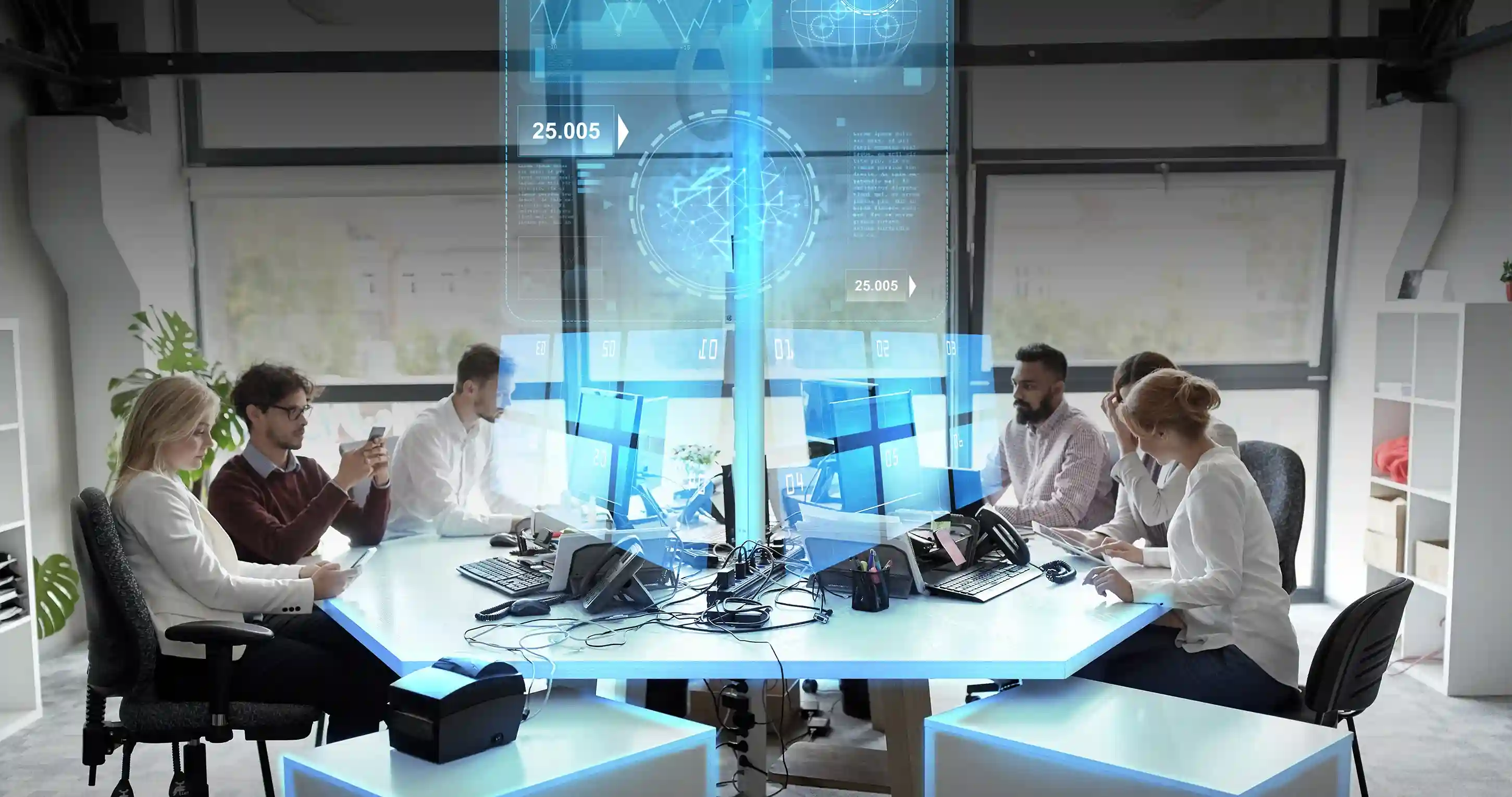The Role of Technology in Modern Co-working Spaces

Introduction
Technology has revolutionized the way co-working spaces operate, making them more efficient, connected, and convenient for remote workers, freelancers, and businesses. As demand for flexible workspaces continues to rise, innovative technological solutions are shaping the future of co-working environments.
Smart Infrastructure and Automation
1. Seamless Access Control
Modern co-working spaces utilize smart access systems such as keyless entry, biometric authentication, and mobile app-based check-ins, ensuring secure and hassle-free entry for members.
2. IoT-Enabled Workspaces
Internet of Things (IoT) devices help optimize workspace efficiency by automating lighting, temperature control, and energy consumption, creating a comfortable and eco-friendly work environment.
3. AI-Powered Space Management
Artificial Intelligence (AI) is being used to analyze occupancy data, optimize seating arrangements, and improve space utilization, ensuring a seamless co-working experience.
High-Speed Connectivity and Cloud Solutions
1. Reliable High-Speed Internet
Co-working spaces prioritize high-speed internet connections with backup networks to ensure uninterrupted workflow and smooth virtual collaboration.
2. Cloud-Based Collaboration Tools
Remote teams benefit from cloud-based software like Google Workspace, Slack, and Trello, enabling real-time communication, file sharing, and project management from anywhere.
Enhanced Security and Data Protection
1. Cybersecurity Measures
With increased digital interactions, co-working spaces implement advanced cybersecurity protocols, including encrypted Wi-Fi networks, VPN access, and firewall protection to safeguard sensitive data.
2. Surveillance and Smart Monitoring
AI-driven security cameras and motion sensors enhance physical security, providing a safe environment for professionals and businesses operating within shared workspaces.
Virtual and Augmented Reality Enhancements
1. Virtual Meeting Solutions
Augmented reality (AR) and virtual reality (VR) technologies enable immersive virtual meetings, making remote collaboration more engaging and effective.
2. Tech-Enhanced Conference Rooms
Smart meeting rooms equipped with interactive whiteboards, voice recognition, and AI transcription services streamline discussions and improve productivity.
Future Trends in Technology for Co-working Spaces
1. Blockchain for Membership and Payments
Block chain technology is being explored for secure and transparent membership management, contract agreements, and payment processing.
2. AI-Driven Networking and Community Building
AI-powered networking tools are helping professionals connect based on interests, skills, and industry, fostering stronger collaborations within co-working communities.
Conclusion
Technology is redefining co-working spaces by enhancing convenience, security, and collaboration. As smart workspaces continue to evolve, integrating innovative technologies will be crucial in providing an optimal and future-ready work environment for modern professionals.
